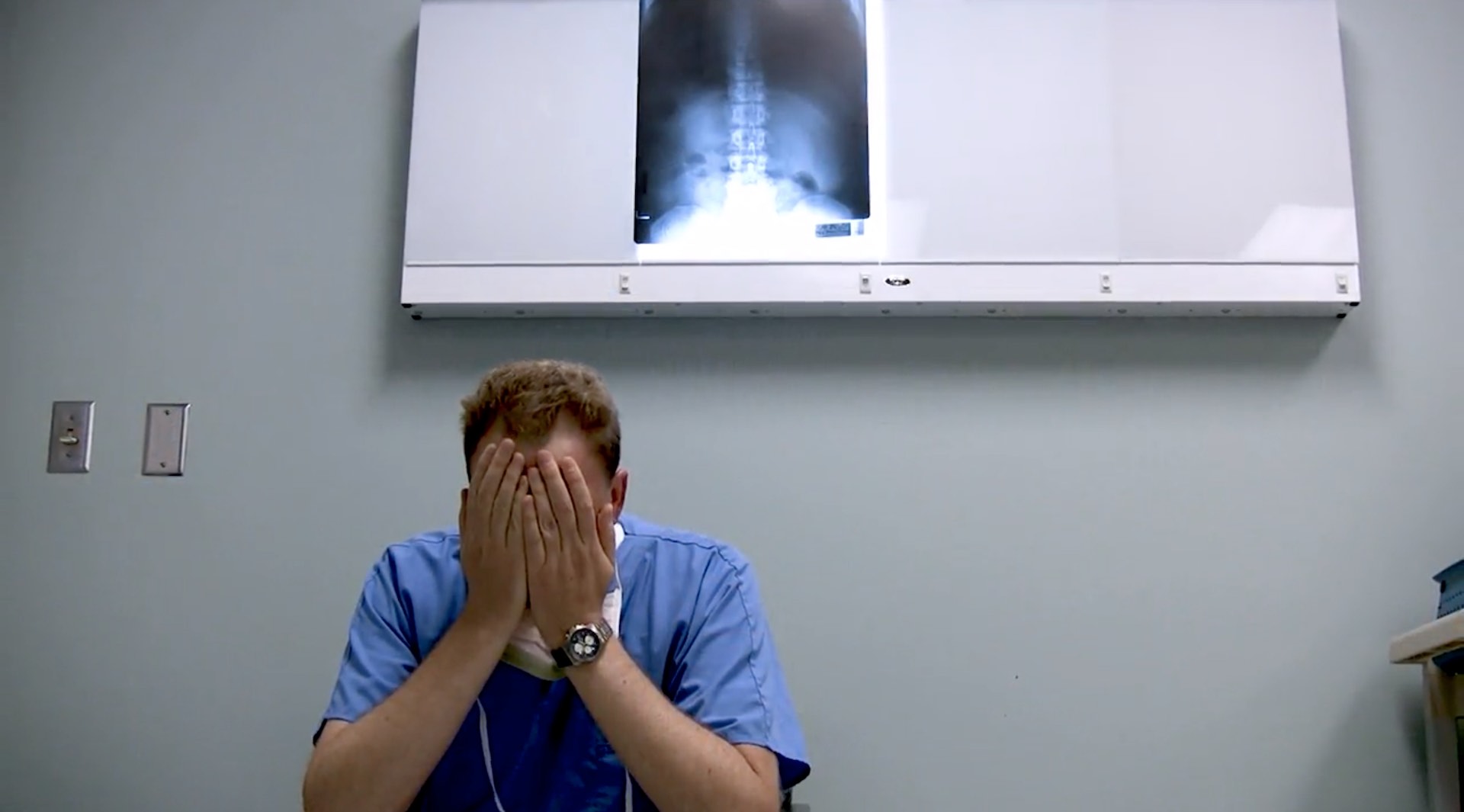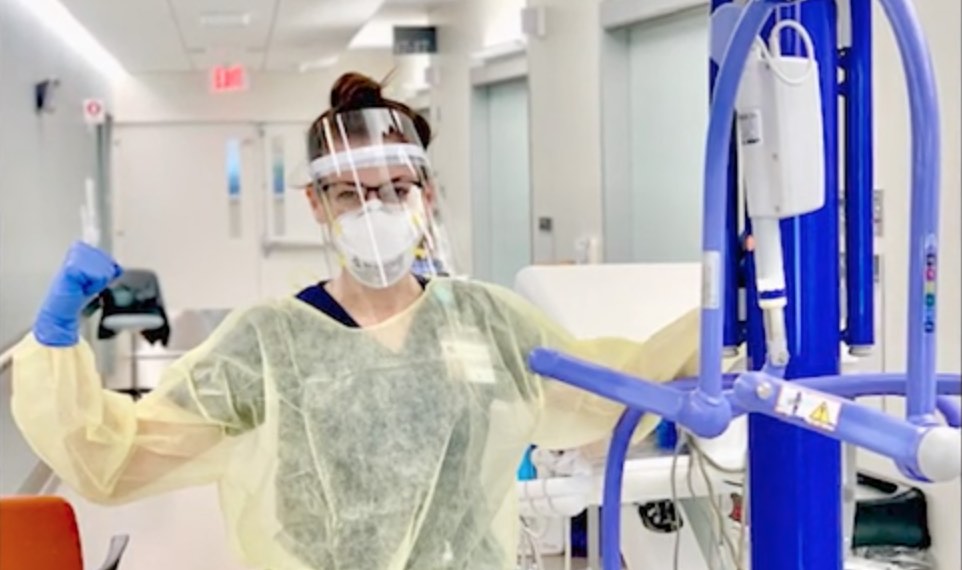NEW YORK (Reuters Health) – Old age has a greater impact on abdominal surgery outcomes than previously reported, according to two papers in the December Archives of Surgery.
For the first article, Dr. Nader N. Massarweh and colleagues at the University of Washington School of Medicine in Seattle analyzed information from the Washington State hospital discharge database on 11360,318 patients, age 65 and older, who had abdominal operations between 1987 and 2004.
“In many series of older patients undergoing surgery, increasing age was not associated with adverse postoperative outcomes,” Dr. Massarweh’s group writes. “In contrast, we found not only a significant effect of advancing age but also markedly different complication and mortality rates across different age categories.”
In what they describe as “one of the largest cohorts of elderly patients,” the investigators observed a direct relationship between increasing 90-day mortality and age, ranging from 2.5% for those ages 65-69 to 16.7% for those age 90 and older (p < 0.001).
A similar pattern was seen for advancing age and complication rates, which ranged from 14.6% in patients ages 65-69, to 19.9% in patients ages 80-84 and 22.7% in patients aged 90 and older.
The association of age with 90-day mortality persisted on multivariate analysis and was found “among patients with both cancer and noncancer diagnoses and for both elective and nonelective admissions,” the researchers said.
For the second article, Dr. Kevin M. Schuster and colleagues at Yale New Haven Hospital reviewed their experience with 292 patients, age 65 and older, who had emergency colorectal surgery between 2000 and 2006. The operations were most often done for colorectal carcinoma, colonic diverticulitis with perforation, lower gastrointestinal tract hemorrhage and colorectal ischemia.
Overall, the in-hospital mortality rate was 15%. The average length of stay was 20.9 days, and 54% of surviving patients were discharged to a skilled nursing facility.
There were 195 complications in 101 patients, most commonly pneumonia, respiratory failure, myocardial ischemia and infarction, and deep venous thrombosis.
Age, septic shock at presentation, larger intraoperative blood requirements, time to operation, and development of a complication were all associated with in-hospital mortality.
Dr. Schuster’s team notes that the findings highlight “the importance of appropriate colorectal screening” and the need for “close surveillance and early aggressive treatment” of cardiopulmonary complications.
In an invited critique of the second study, Dr. James W. Fleshman from Washington University in St. Louis writes, “As a Baby Boomer, I find this article depressing.”
The authors, he continues, “have provided…a picture of worsening outcomes as our population ages, especially if the patient presents at the end of the disease spectrum when emergency care becomes necessary.”
What’s needed, he says, is for patients and physicians to understand the value of screening and primary prevention strategies. Education on these topics, he adds, “may be a useful way to spend a portion of President Obama’s stimulus package.”
In addition, the authors of the first paper conclude, the increase in mortality with advancing age highlights “the need for interventions to both prevent decline among older patients and to avoid postsurgical complications.”
Reference:
Arch Surg 2009;144:1108-1114,1157-1162.









